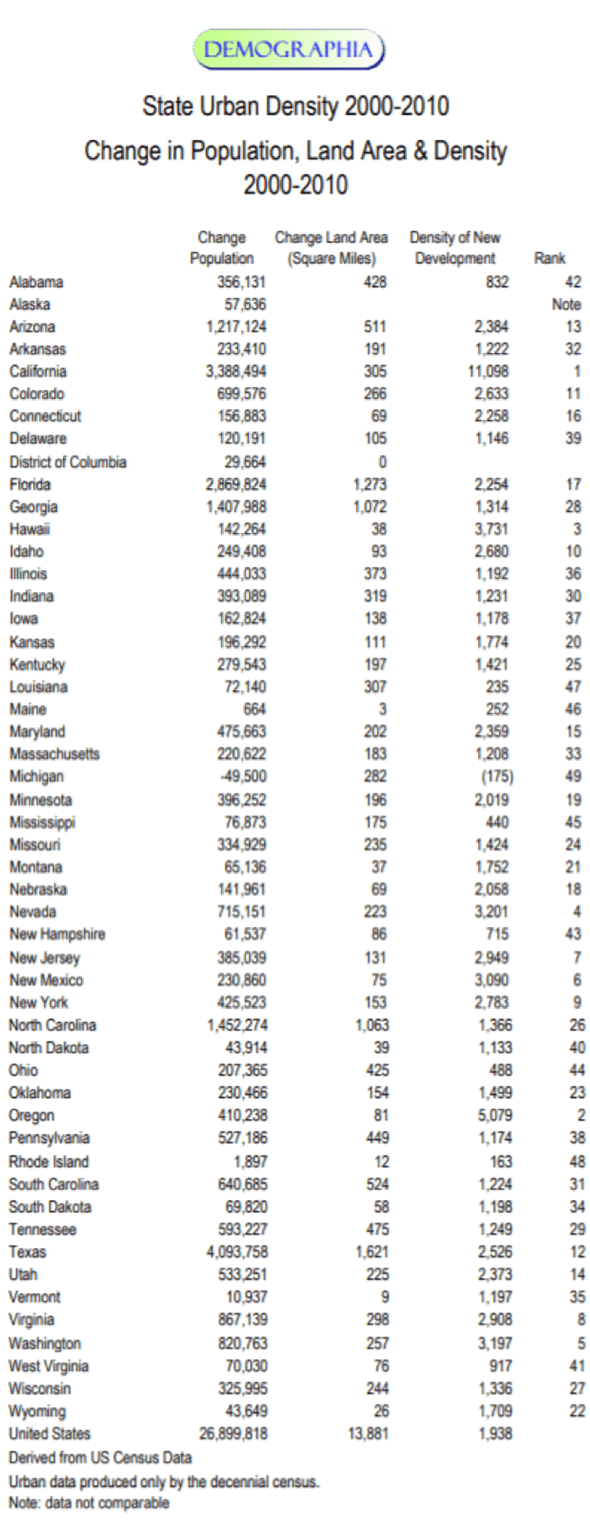On today’s episode of Feudal Future hosts Joel Kotkin and Marshall Toplansky are joined by Julius Krein, editor of American Affairs, and Aaron Renn, an opinion-leading urban analyst, consultant, speaker, and writer on a mission to help America’s cities and people thrive and find real success in the 21st century.
Julius Krein is the editor of American Affairs. American Affairs is a quarterly journal of public policy and political thought. It was founded to provide a forum for people who believe that the conventional partisan platforms are no longer relevant to the most pressing challenges facing our country. The obsolescent ideologies and expectations of previous decades are constraining our political discourse. The hyper-partisan posturing of our politics masks an underlying conformity and complacency in our intellectual life. American Affairs, by contrast, seeks to advance a more ambitious discussion of the fundamental issues and divides of our time.
Aaron Renn focuses on urban, economic development, and infrastructure policy in the greater American Midwest. He also regularly contributes to and is cited by national and global media outlets. He is a columnist for Governing magazine and his work has appeared in the The Guardian (UK), The New York Times, and The Washington Post, along with many others. Renn was a Senior Fellow at the Manhattan Institute from 2015-2019 and is a Contributing Editor at its quarterly magazine City Journal. Prior to his work in public policy, Renn had 15 year business career in management and technology consulting, where he was a partner at Accenture. He also founded the urban data analytics software platform Telestrian, which continues to underpin his work on cities.
[ 2:48] Changes in Wall Street and the financial community
[10:01] The effect of elite thinking on the middle class
[30:30] Is generational change next
[42:19] Are we the next Brazil?
Learn more about the Feudal Future podcast.
Learn more about Marshall Toplansky.
Learn more about Joel Kotkin.
Join the Beyond Feudalism Facebook group.
Read the Beyond Feudalism report.
Learn about Joel’s book, The Coming of Neo-Feudalism.
This show is presented by the Chapman Center for Demographics and Policy, which focuses on research and analysis of global, national and regional demographic trends and explores policies that might produce favorable demographic results over time.
Listen on Apple Podcast
Listen on Stitcher
Listen on Spotify
More podcast episodes & show notes at JoelKotkin.com













